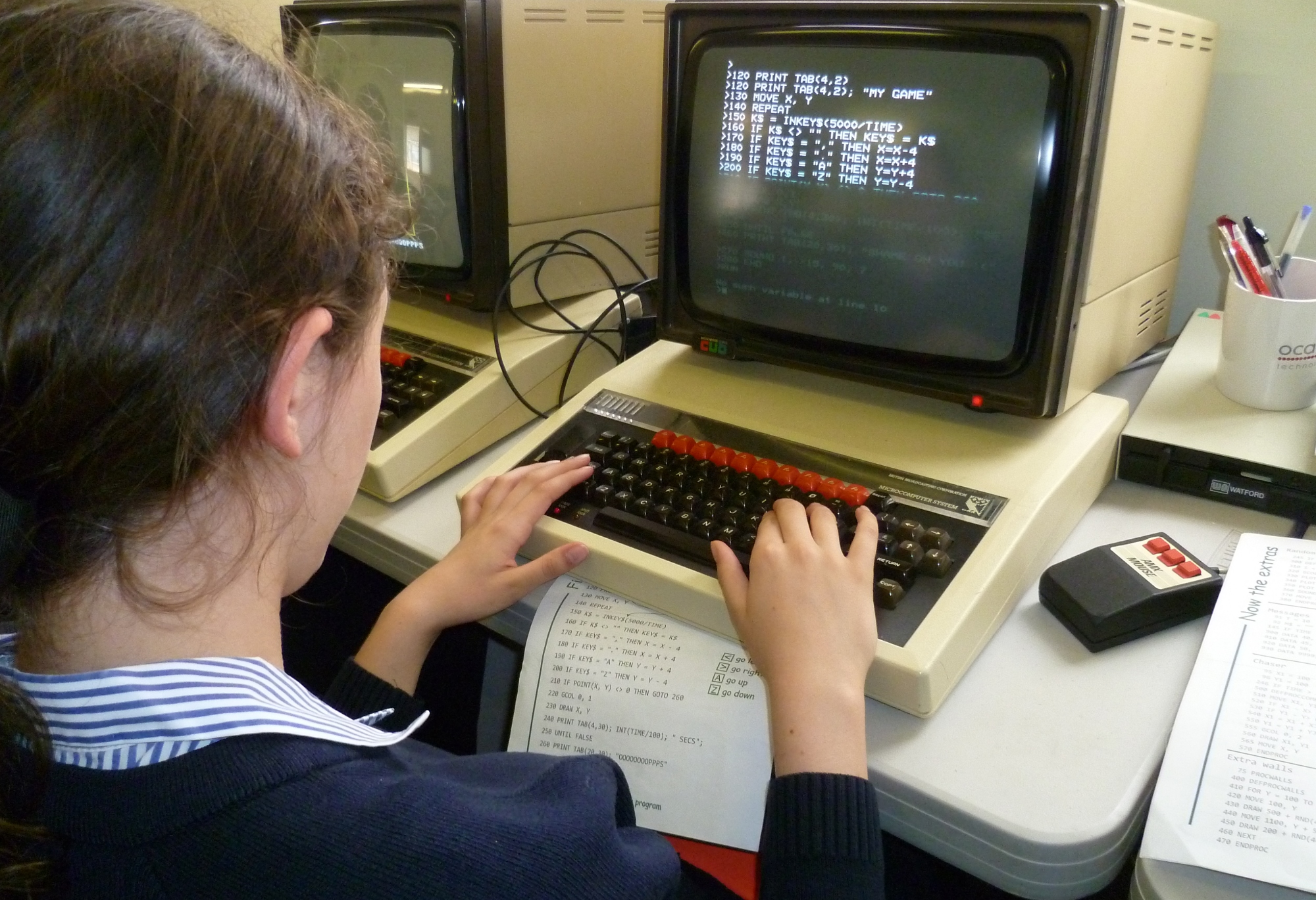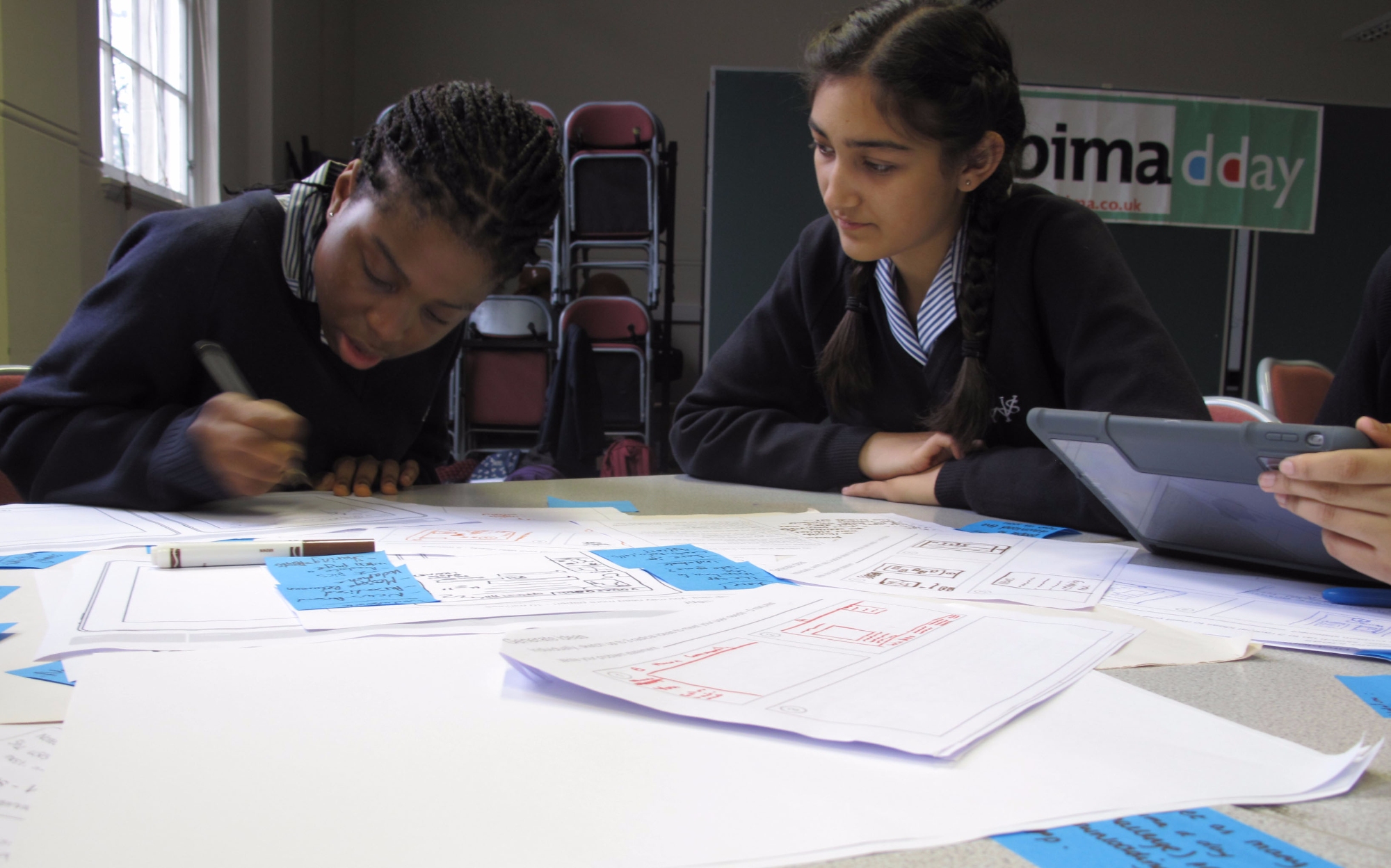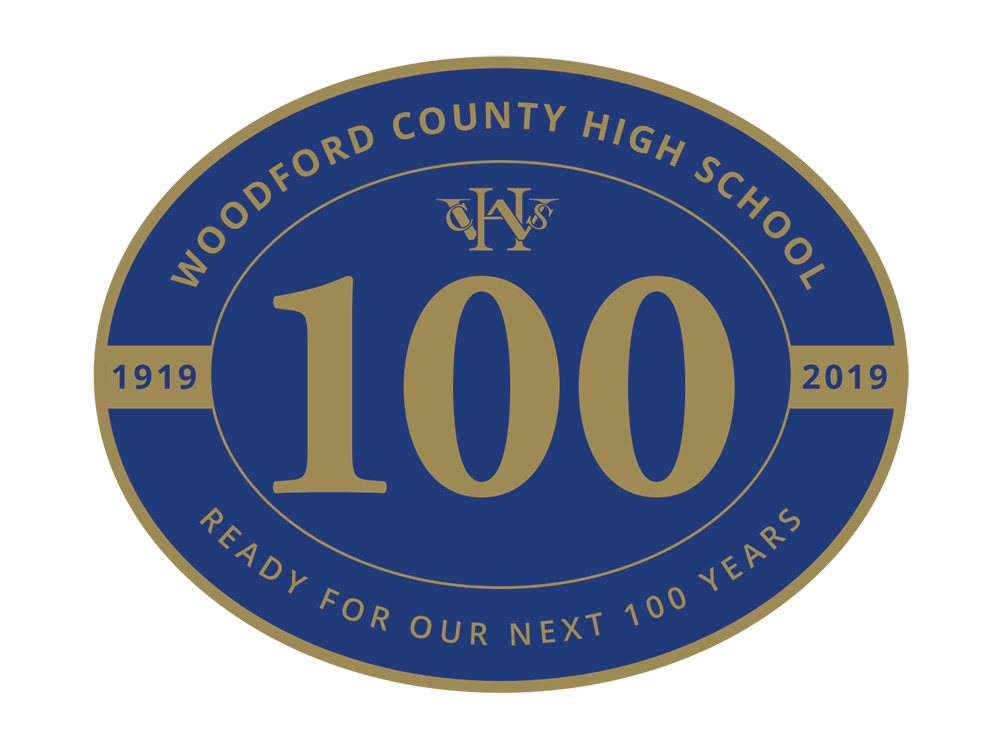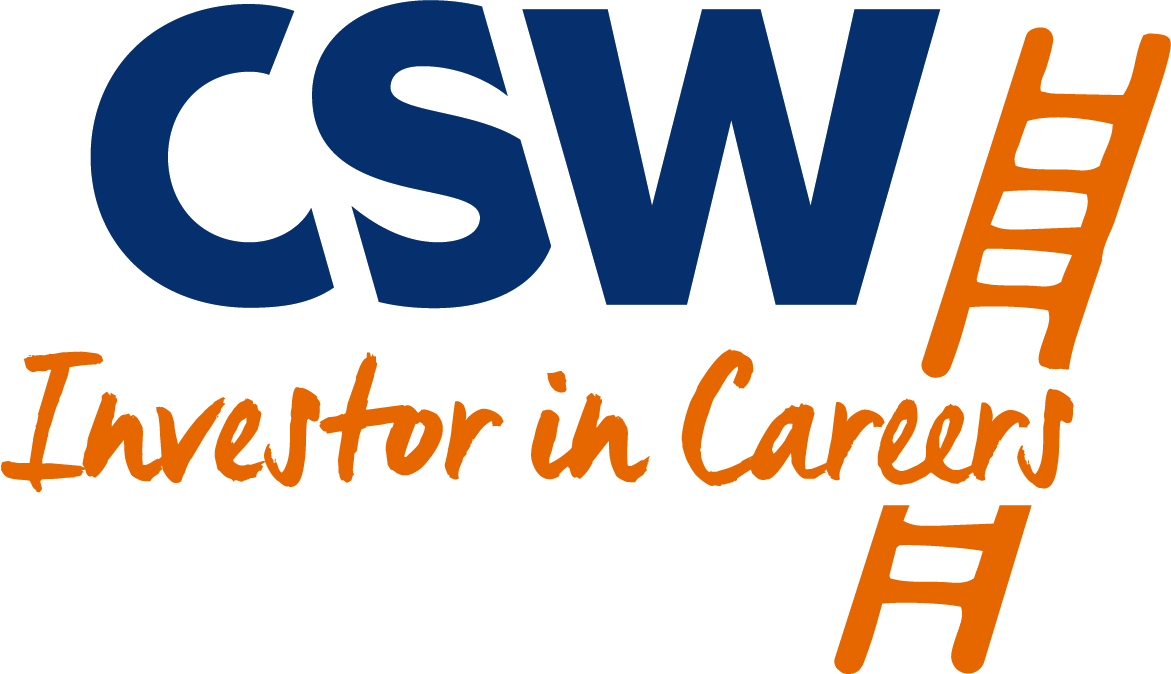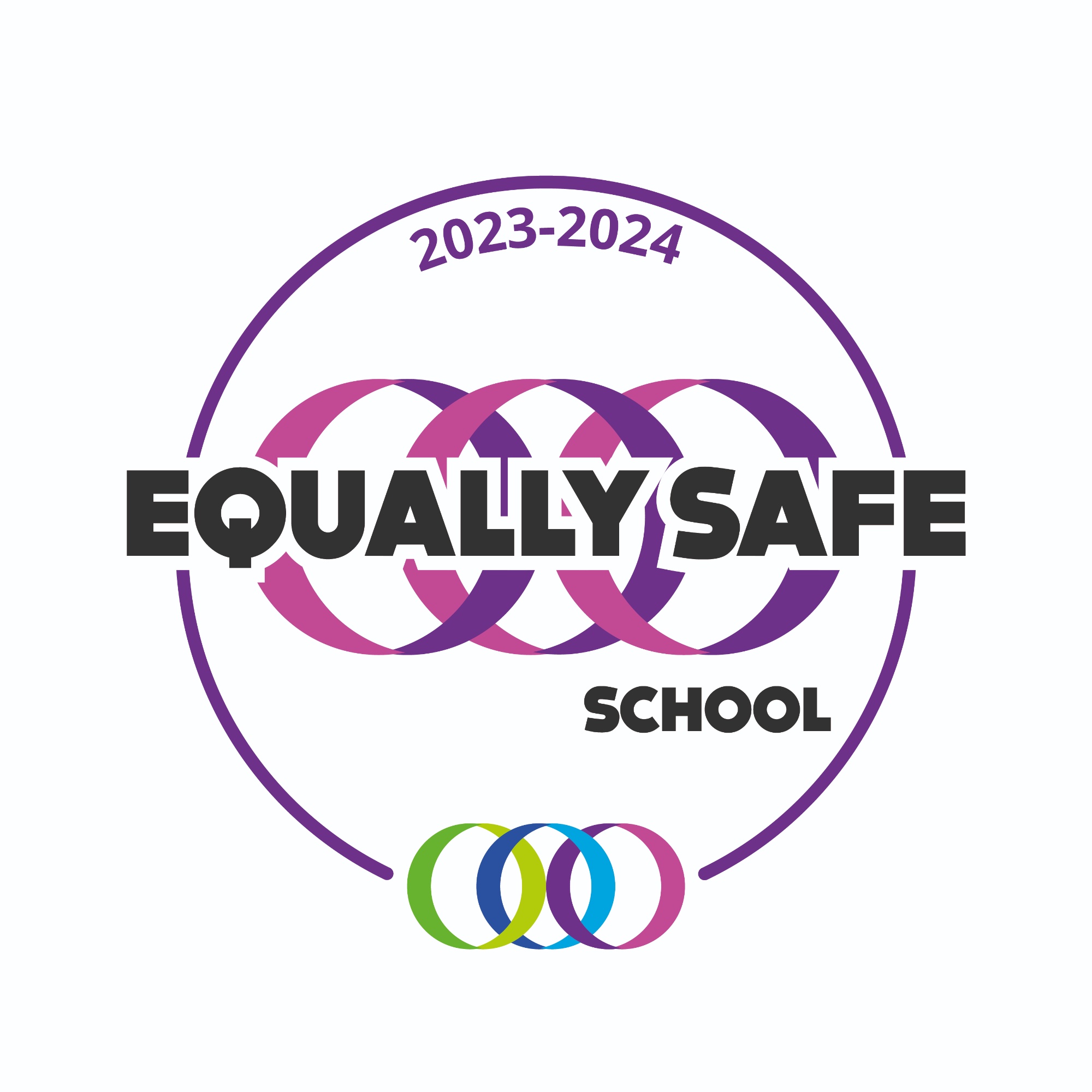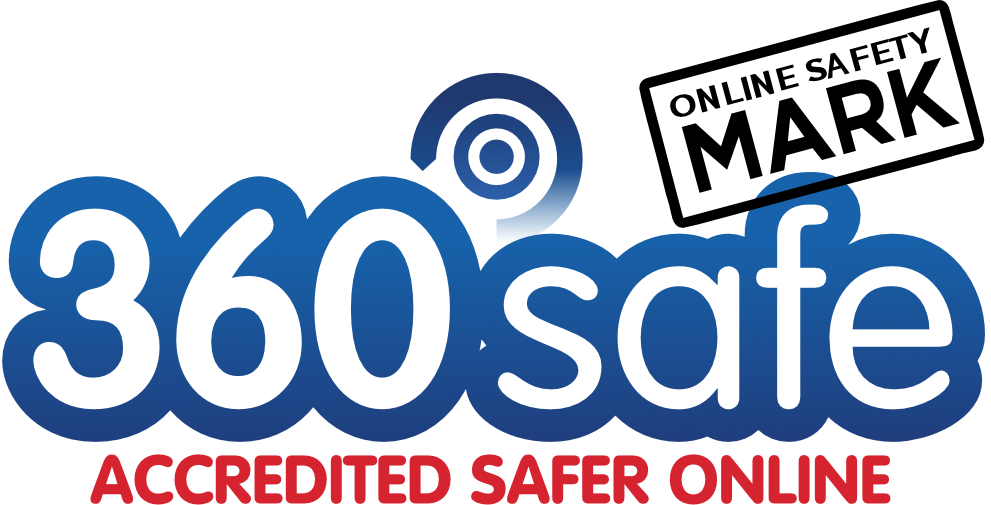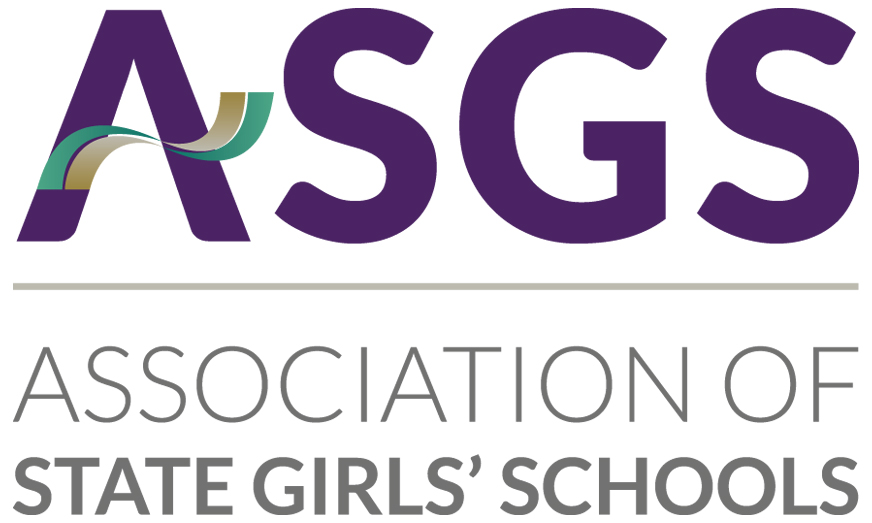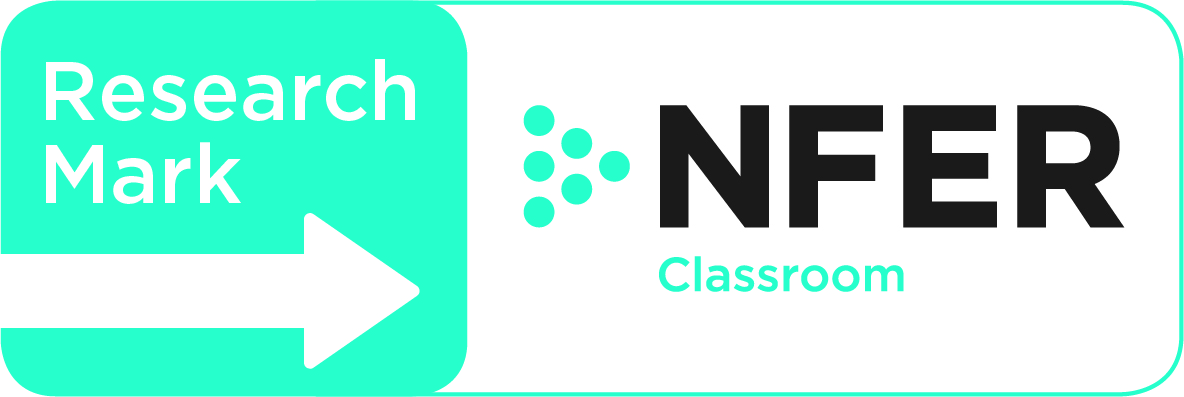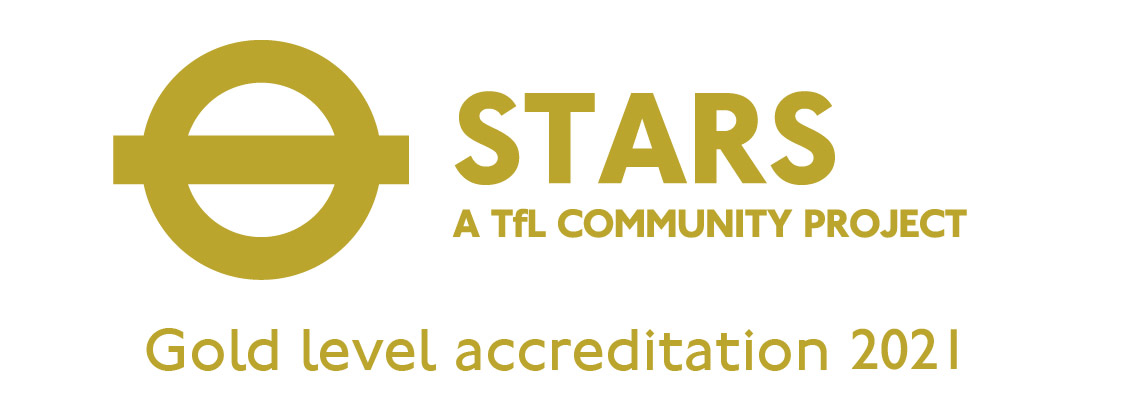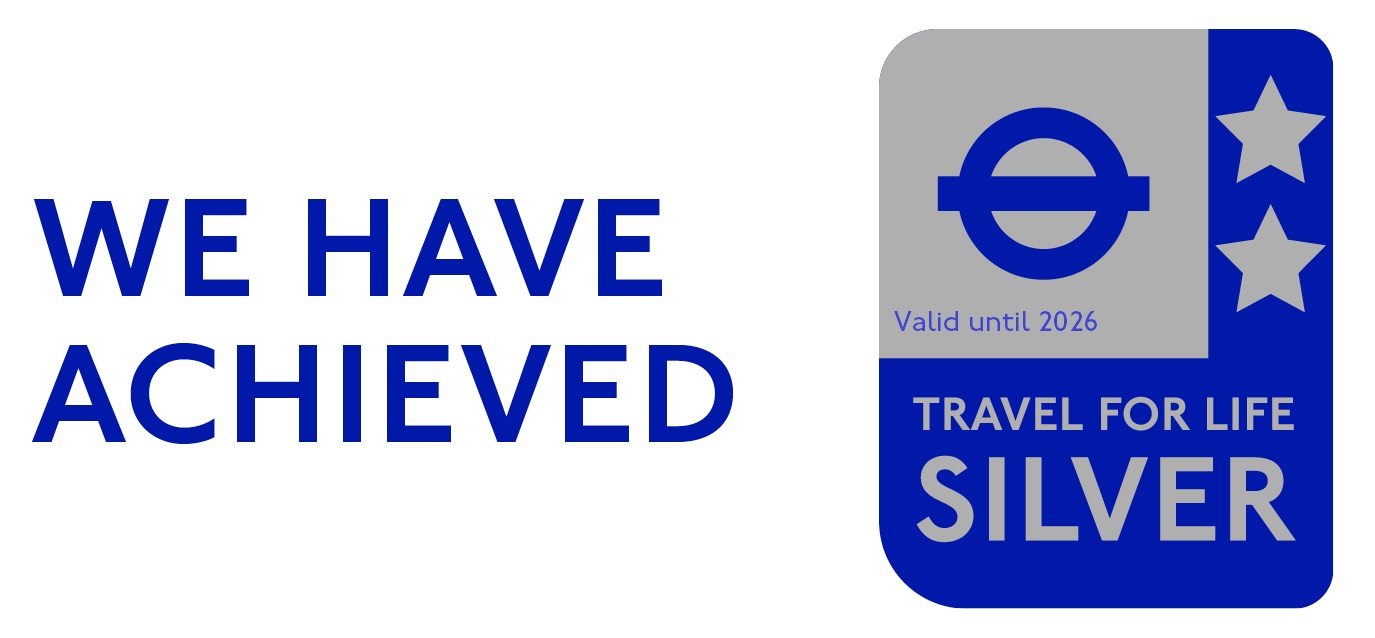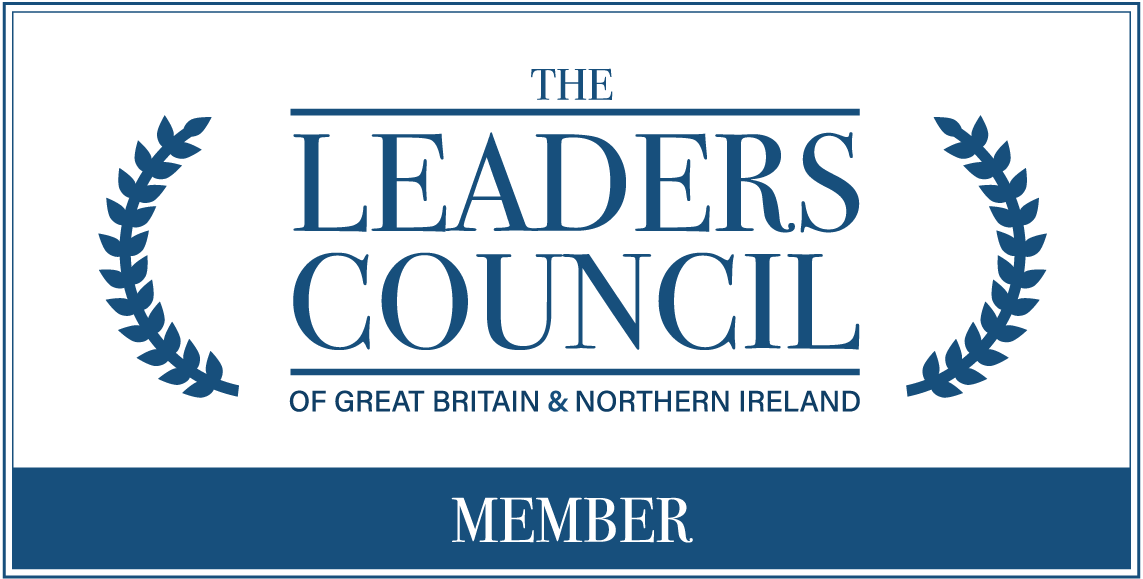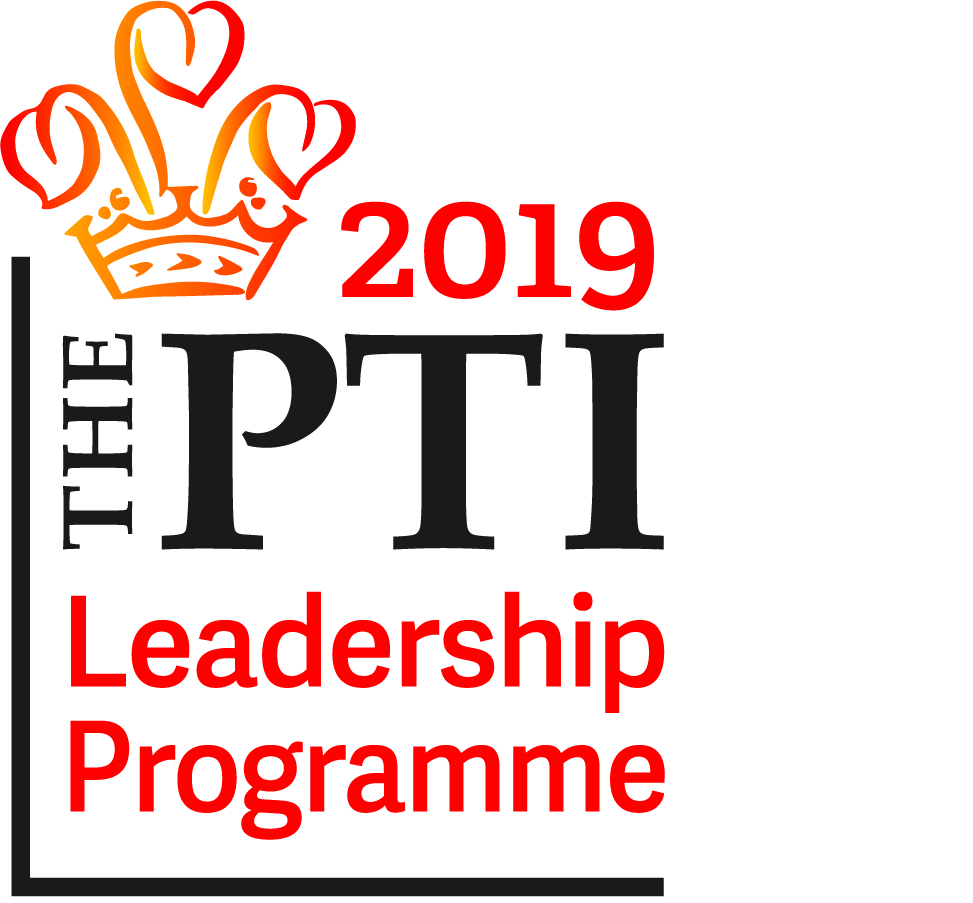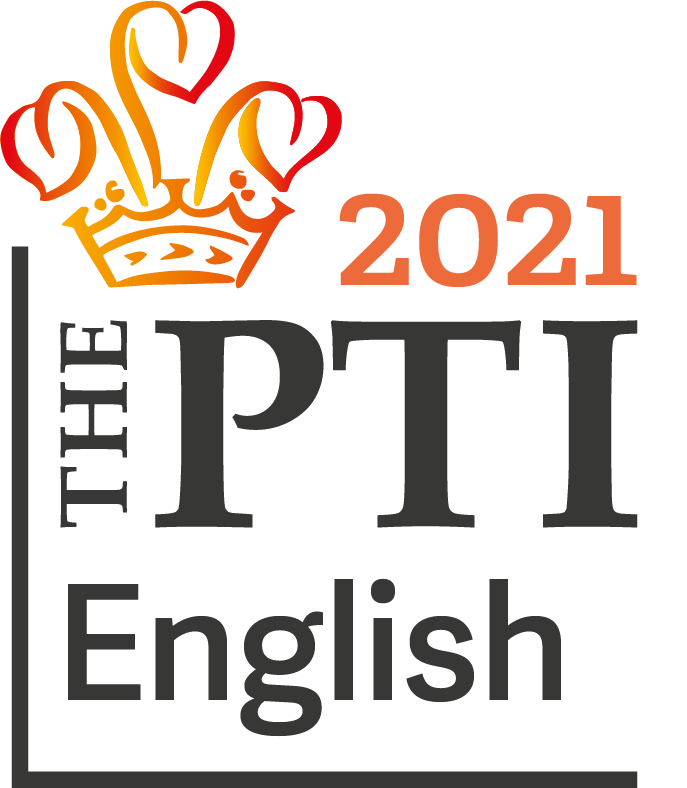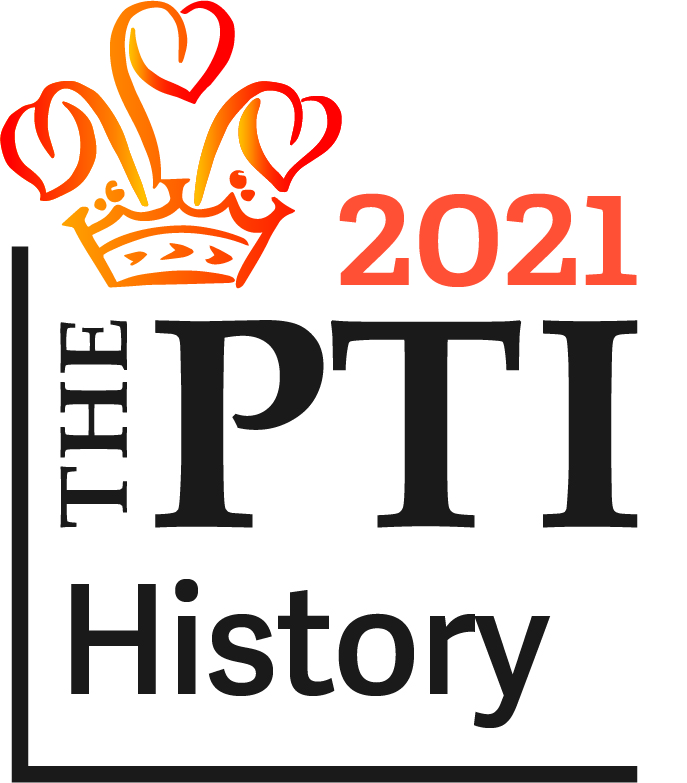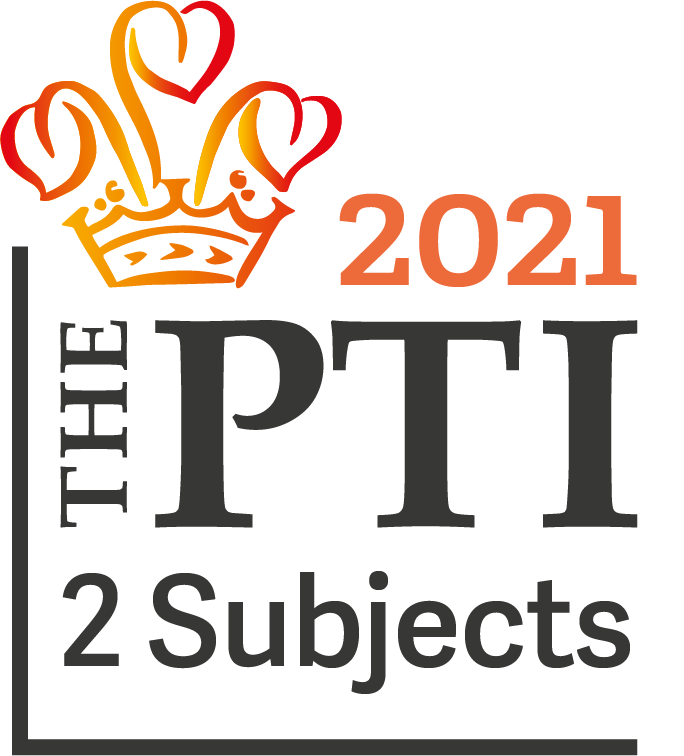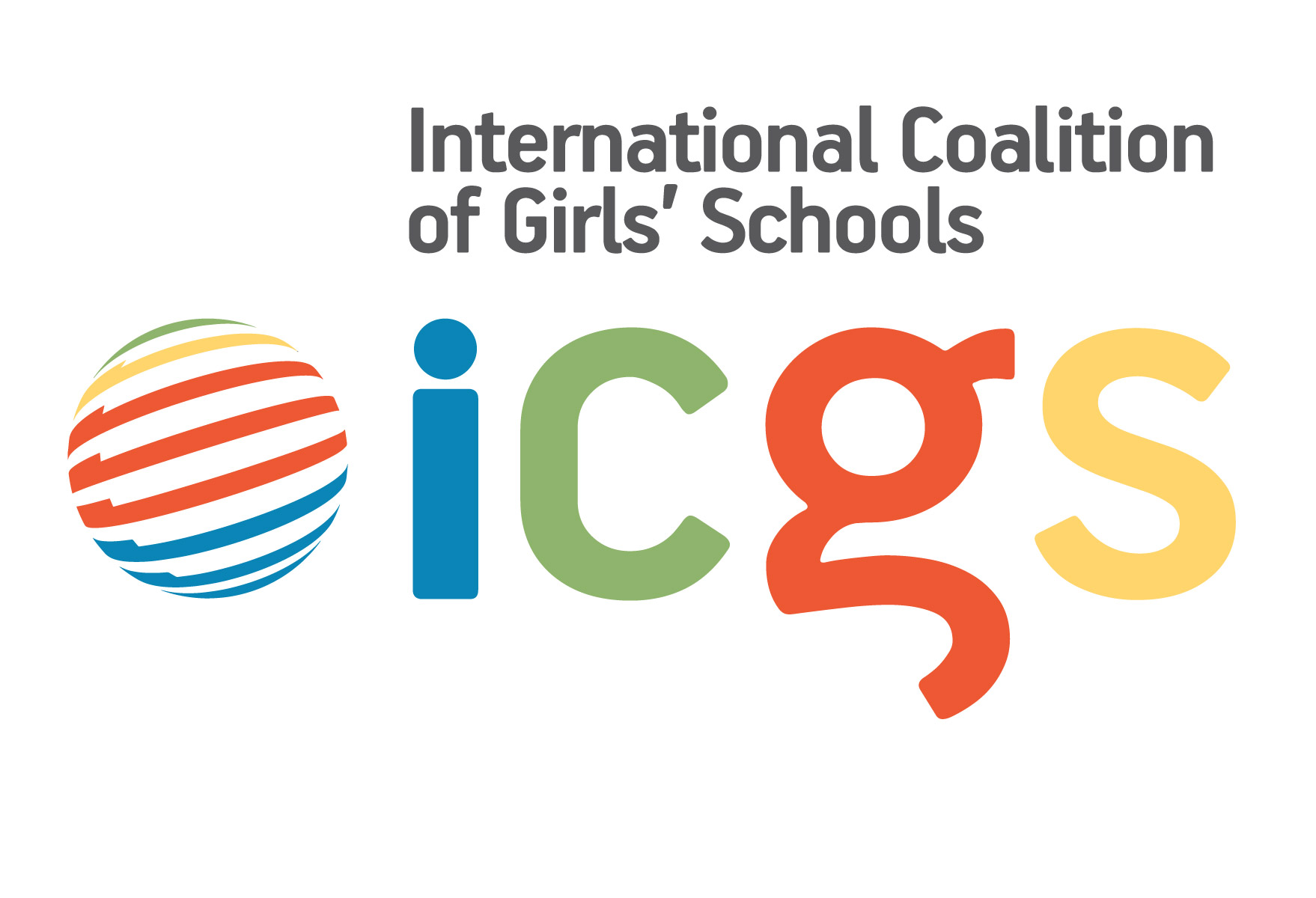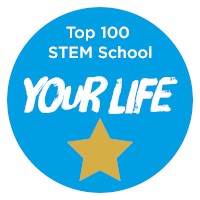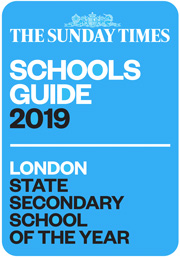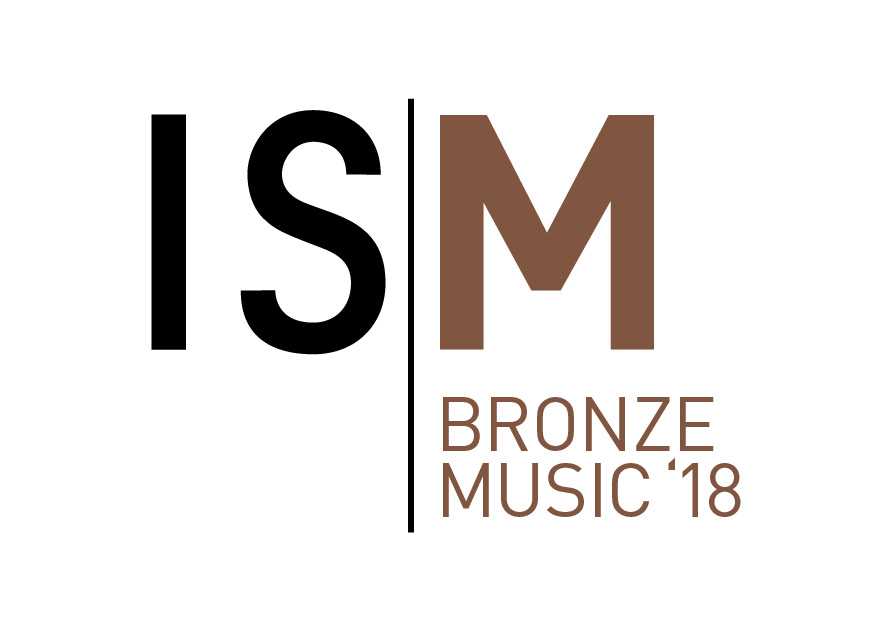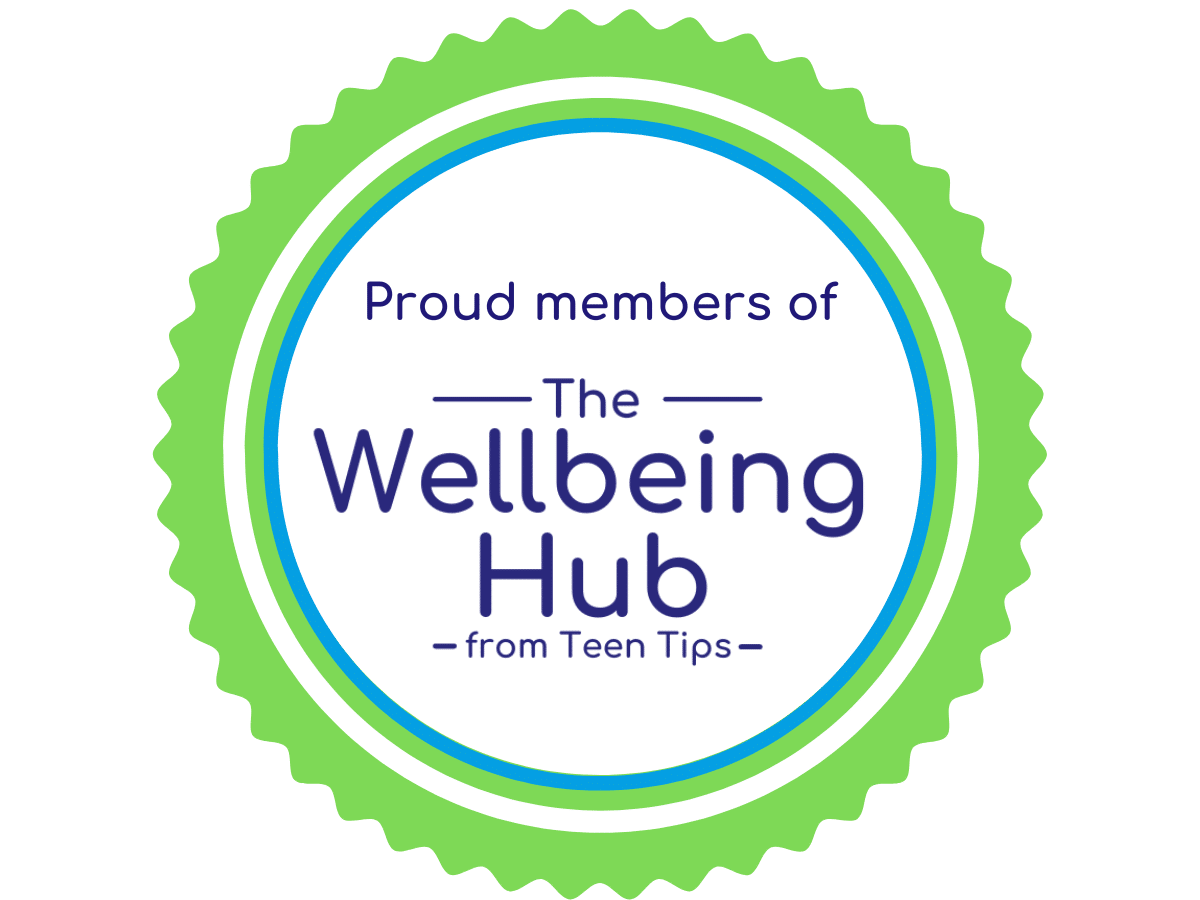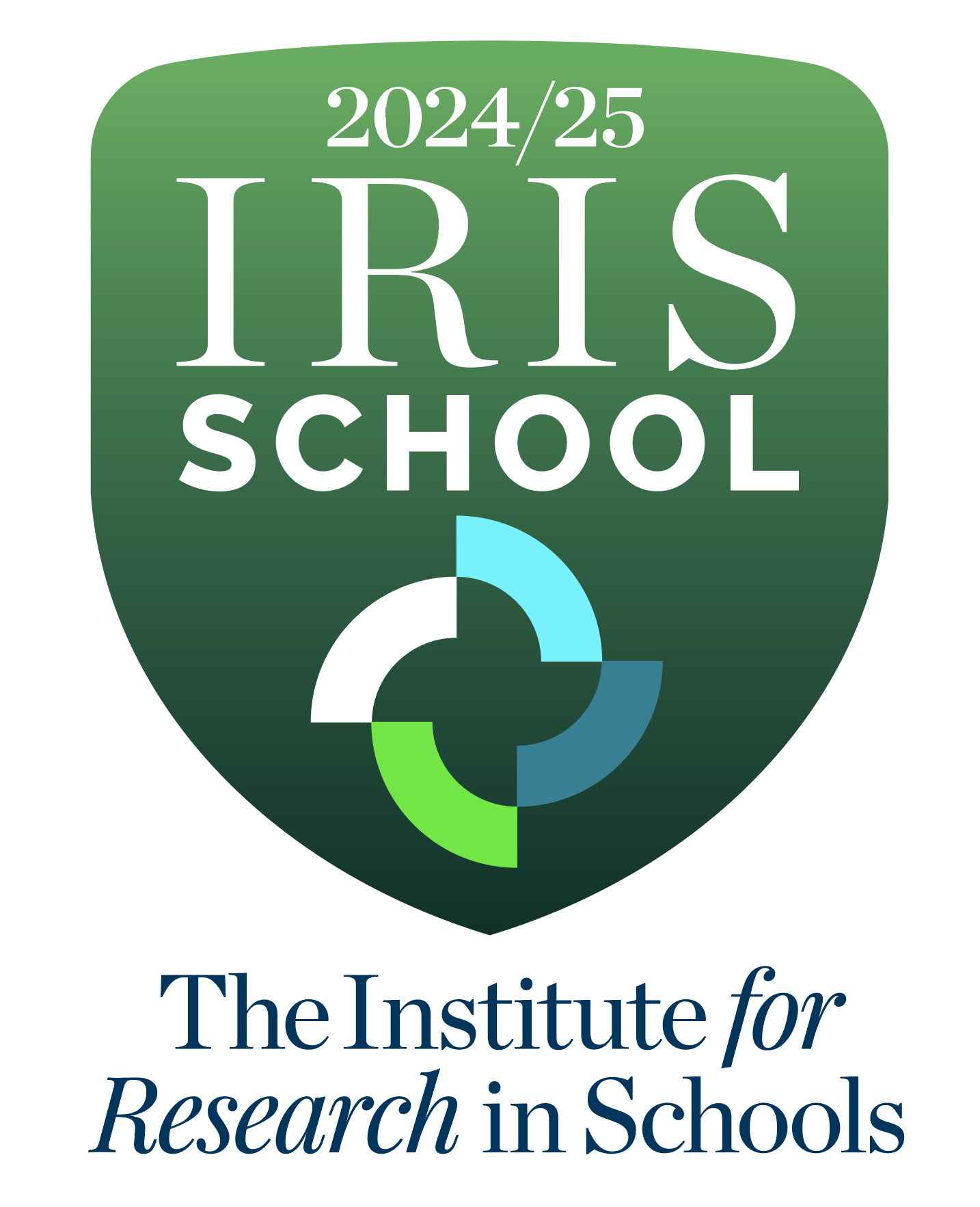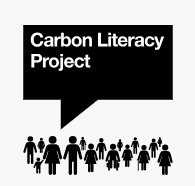Why study Computer Science?
The Subject That Builds Tomorrow
We live in a world powered by code. From the apps on our phones to the algorithms shaping finance, medicine, entertainment, and education, Computer Science is the engine that powers the modern world. Studying it gives students the tools not just to understand how technology works, but to shape it. It fosters creativity, precision, logic, and resilience, turning students from passive users into empowered creators. In a future where artificial intelligence, automation, and cybersecurity will affect every job sector, digital fluency is no longer optional, it’s essential.
As Steve Jobs once said, “Everybody in this country should learn to program a computer, because it teaches you how to think.” Computer Science doesn’t just prepare students for tech careers, it strengthens their ability to think critically, solve complex problems, and work independently. Whether a student aspires to be a doctor, engineer, entrepreneur, or artist, the discipline and creativity gained through Computer Science are universally valuable.
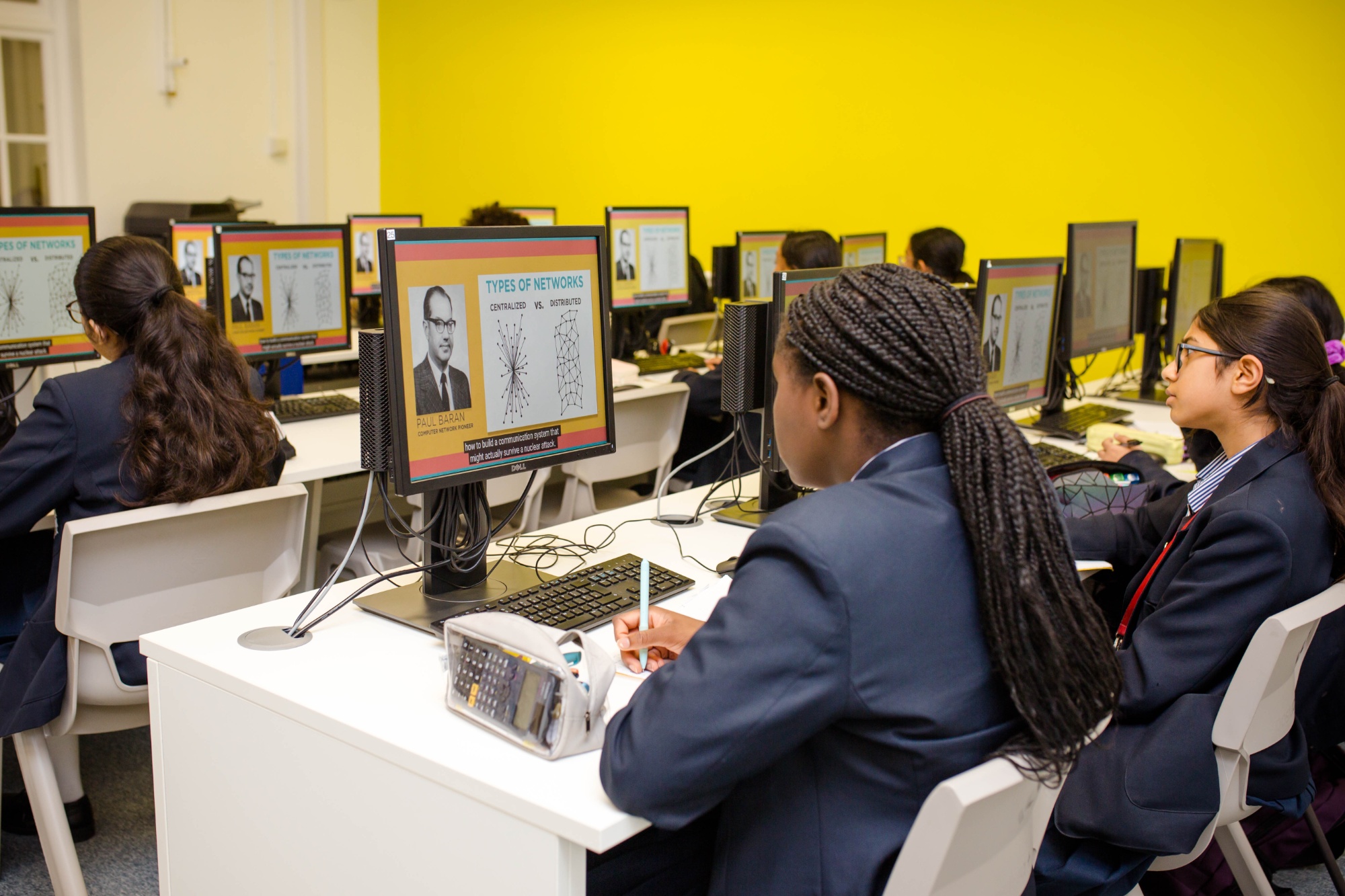
Key Stage 3: Building the Foundations of Computational Thinking
Our Key Stage 3 curriculum is carefully designed to inspire curiosity, build resilience, and develop core computational and digital skills across three formative years. In Year 7, students are introduced to computing through creative, hands-on experiences, learning to think logically, stay safe online, and write their first lines of code. As they progress into Year 8, they deepen their understanding of how computers work, refine their Python programming skills, and explore emerging technologies like artificial intelligence and web development. By Year 9, students are confidently using industry-standard programming languages, analysing complex systems, and preparing for the demands of GCSE-level study. These three years are critical: they lay the groundwork not only for success in Computer Science at Key Stage 4, but for a future shaped by digital fluency and computational thinking.
Year 7 Computer Science Curriculum
At Woodford County High School, Year 7 students begin their computing journey with a carefully structured programme designed to build confidence, creativity, and essential digital skills. Our curriculum balances practical skill development with computational thinking and safety awareness.
Topics Covered
Using Computers Safely: Students begin by learning how to use digital devices responsibly and securely. This includes basic computer operations, password safety, and understanding how to stay safe online.
Visual Programming and Robotics: This unit introduces students to visual programming through engaging tools like block-based coding environments. Pupils explore logic, control, and problem-solving, often applying their learning to simple robotic systems and interactive models.
Introduction to Python: A first step into text-based programming, students begin coding using Python. They develop confidence writing basic scripts, understanding syntax, and producing interactive outputs.
Data Modelling: This unit helps students understand how data can be organised and modelled effectively using spreadsheets and other tools.
Game Development with Scratch: A creative and fun end-of-year project where students design and build their own games using Scratch.
Year 8 Computer Science Curriculum
Year 8 builds on the digital foundation established in Year 7. Students begin to explore computing in greater depth, including how computers work, how to write more sophisticated code, and how digital systems interact with artificial intelligence and the web.
Topics Covered
Understanding Computers: Students dive beneath the surface to understand how computers function.
Introduction to Programming: A refresher and extension of their Python learning. Students write more structured code.
Python Programming: Students continue to build confidence with Python, learning how to break down problems and design efficient solutions.
AI and Machine Learning: An exciting introduction to artificial intelligence with hands-on projects.
Web Development: Students learn how websites are built using HTML and CSS.
Website Project: Students design and develop a fully functional website
Year 9 Computer Science Curriculum
Year 9 serves as a bridge between foundational digital literacy and the more rigorous demands of GCSE Computer Science. The curriculum sharpens students’ understanding of how computers work, while deepening their programming ability and introducing critical thinking about ethical technology use.
Topics Covered
Computer Systems: Students explore how a computer works from the inside out.
Algorithms and Programming: This unit teaches students how to write, trace, and refine algorithms.
Advanced Python Programming: Students apply everything they've previously learned in Python to more complex scenarios.
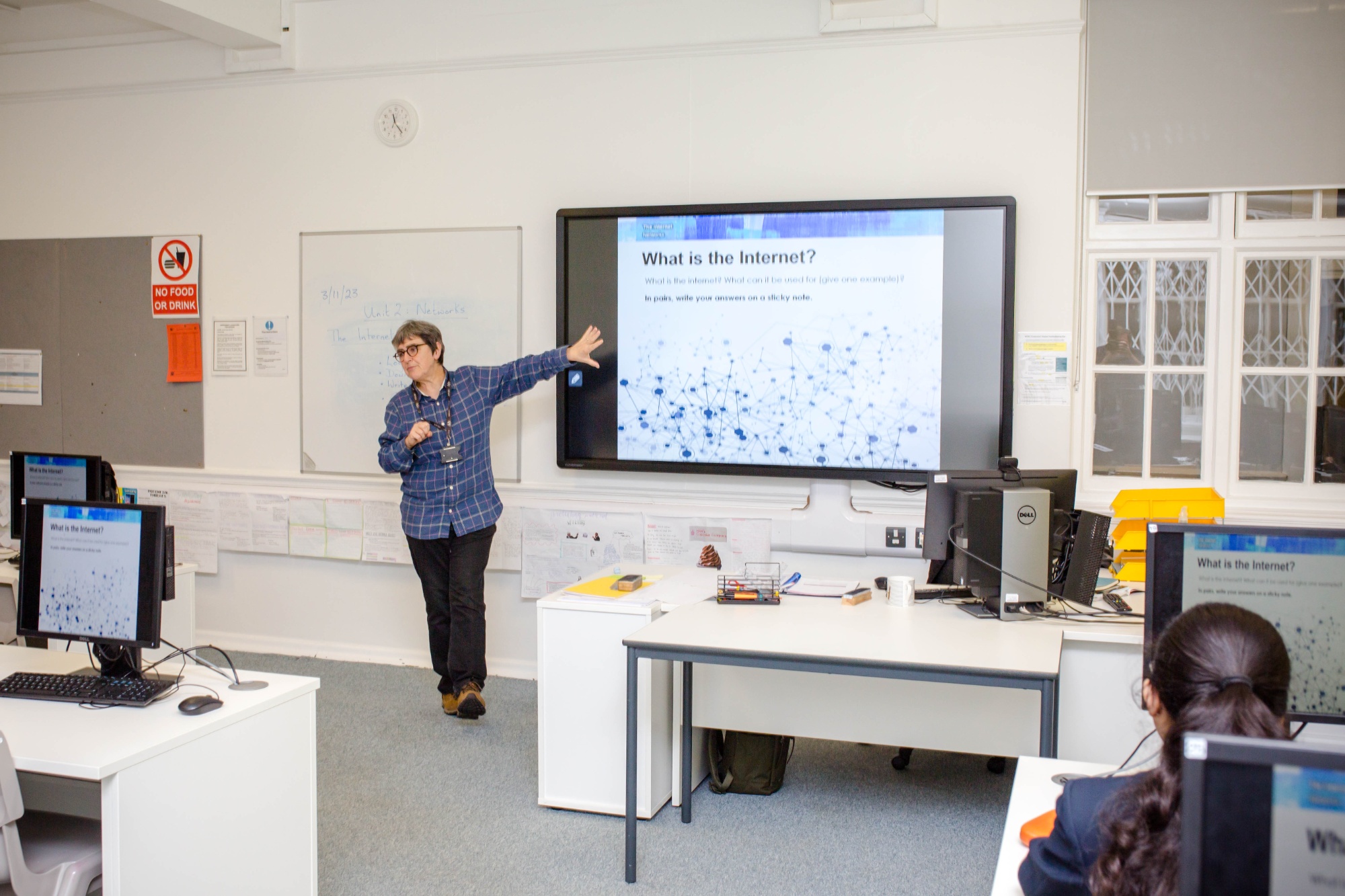
Key Stage 4
GCSE Computer Science (OCR J277)
This two-year qualification explores computer systems, networks, cybersecurity, programming, algorithms, and the ethical impact of technology. Students apply their understanding through regular coding practice and practical investigations, preparing them for digital innovation in any field.
Why Choose GCSE Computer Science? (H3)
- Intellectual Confidence: Tackling logic and debugging builds resilience and clarity in learning.
- Transferable Skills: Skills that are valued in business, science, and creative industries.
- Future Preparation: Builds adaptability and confidence to master new technologies.
- Cultural & Ethical Awareness: Encourages critical thinking around privacy, security, and sustainability.
A‑Level Computer Science (OCR H446)
Opting for OCR A‑Level Computer Science (H446) puts students at the frontier of computing. This two-year qualification dives deeper into complex systems, software development, algorithms, and ethical frameworks, paired with a substantial coding project.
What You’ll Learn
- Computer Systems & Architecture
- Data Structures & Algorithms
- Software Development & Computational Thinking
- Ethical, Moral & Cultural Issues
Why Take A‑Level Computer Science?
- Career-Ready Qualifications: Offering high salaries and global opportunities.
- Critical & Creative Thinking: Coding, problem-solving, and systems design.
- Academic Excellence: Valued by universities for its blend of theory and application.
- Personal Growth: The NEA project builds independence and technical communication.
Why Computer Science Matters
Computer Science isn’t just a subject, it’s a gateway to future careers, a framework for logical thinking, and a tool to navigate and shape an increasingly digital world.
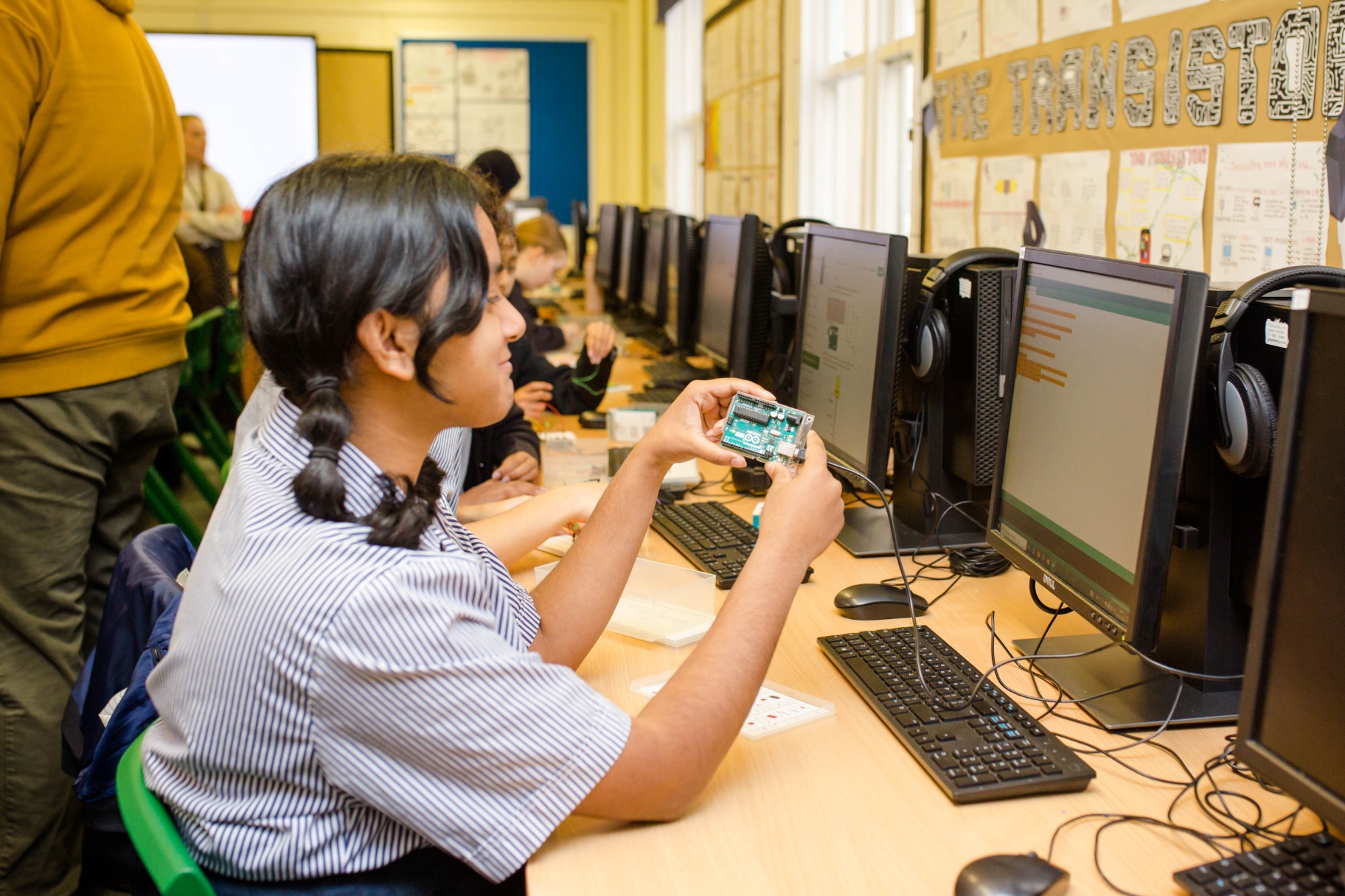
Enrichment and Extra-Curricular Opportunities
At Woodford, enrichment in Computer Science is designed to ignite curiosity, stretch creativity, and build lifelong digital skills. We offer a rich programme of opportunities that go beyond the classroom, allowing students to explore the ever-evolving world of computing in exciting, hands-on ways.
Everyday Opportunities
Our supervised IT suites are open during lunchtimes and after school, giving students space to practise programming, complete digital projects and experiment independently in a supportive environment.
Innovation in Action: Robotics and Physical Computing
From September 2025, we are making a major investment in robotics education, with the launch of our VEX Robotics programme. This initiative will give students the opportunity to design, build, and code robotic systems, fostering teamwork, problem-solving, and real-world engineering experience. VEX is widely recognised for its academic rigour and its role in preparing young people for careers in technology and engineering.
In addition to VEX, students across all key stages engage in physical computing using Arduino boards and Raspberry Pi systems, gaining experience in constructing functional hardware-software systems, laying a strong foundation for understanding how the digital world connects to the physical one.
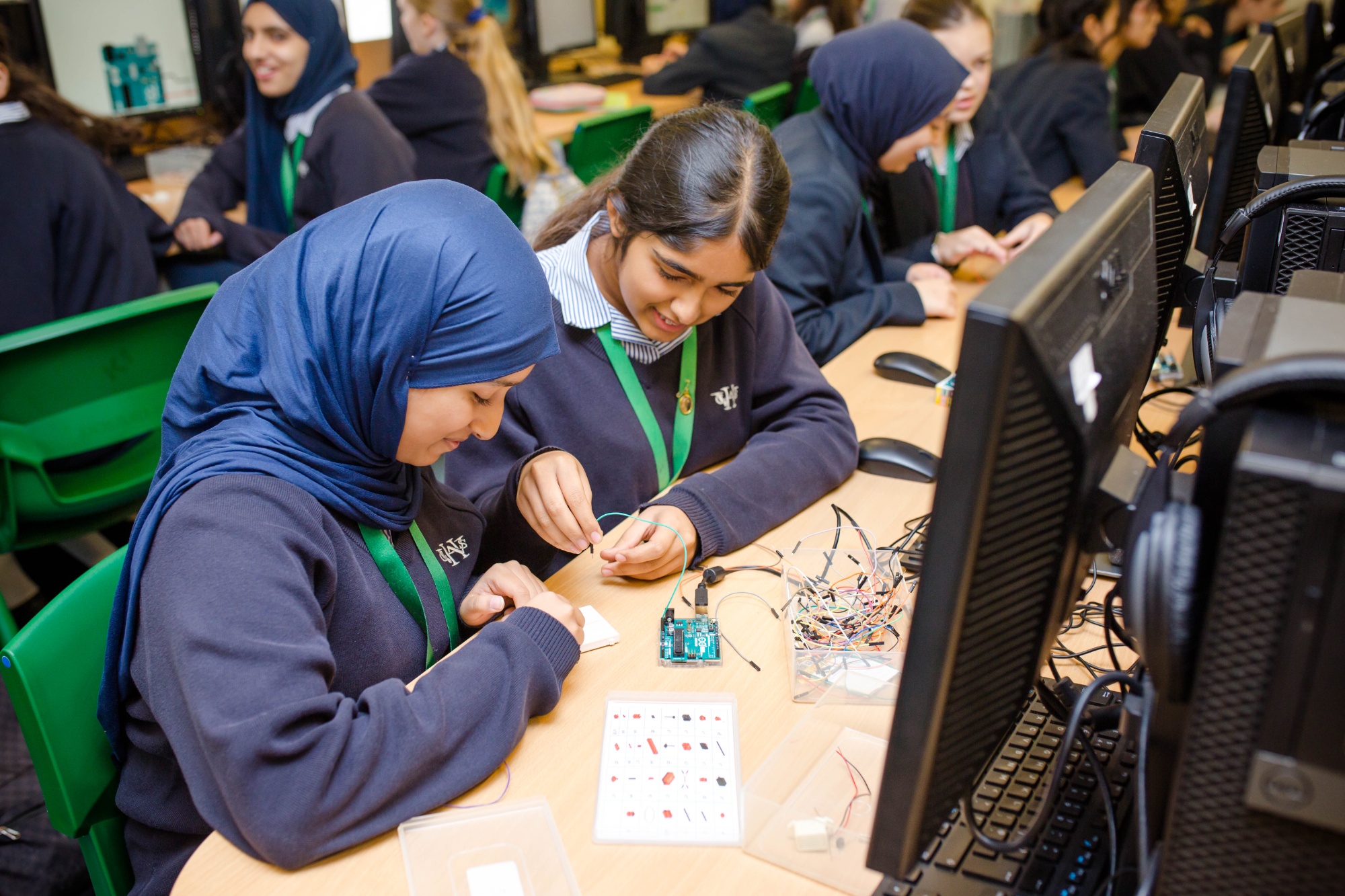
Partnerships and Global Opportunities
We are proud to be expanding our horizons through international collaborations and STEM industry partnerships. Current and upcoming highlights include:
- A collaborative initiative with BOSE, promoting Women in Tech
- Ongoing digital and cultural exchange projects with partner schools abroad, supporting cross-cultural STEM engagement
- Participation in national and international coding challenges, competitions, and speaker events
These enrichment opportunities are not only educational, they are also empowering. They connect learning to life, build student confidence, and open doors to the limitless possibilities of a future in technology.
|
Girls visit Bletchley Park |
Bima Day |










